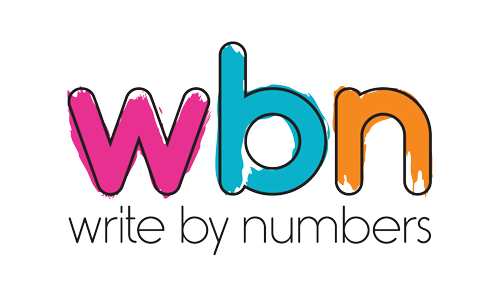By a stroke of chance (and the availability of two returned tickets when we strolled up to the Barbican) I happened to spend Friday night watching the TEAM’s Architecting. Which means that not only did I see the same production as Matt Trueman discusses on the Guardian Blog I also saw the same performance.
I’m with Matt in as much as I’ve never read or seen Gone With The Wind (though I did know it was a novel, but then I am a Book Geek as well as a Theatre Geek) and when I came out in the interval I couldn’t work out if I was enjoying the show or not. Because though I’d seen moments of brilliance Architecting lost me when it got deep into Gone With The Wind – and, yes, I did feel that my lack of knowledge of this particular American classic was proving a barrier to my engagement. I could sense that an important point was being made, that the text was being re-interpreted, re-visioned, questioned but I couldn’t for the life of me work out exactly how.
Perversely, by the time I came out of the second act I had become convinced that I had seen one of the defining productions of my year (I might even go as far to say it might one day make that list of productions that make me the writer I am). All the strands – and the TEAM hadn’t exactly scrimped with them given they’d taken on Gone With The Wind, the relationship between North and South USA, reconstruction, individual genius vs community, race, the effects of Hurricane Katrina, feminism, the American psyche…well, I could go on – were pulled together. Architecting is a play with huge – epic – ambitions, reaching out to questions that truly need space to breathe (and, indeed, filter through your brain). Yes it is flawed; it is too long, at times too self indulgent and, at least in my opinion, too reliant on direct engagement with Gone With The Wind in its first 90 minutes. I felt in times it was a play in need of a Dramturg. But I would gladly see a play with those flaws which had even half of the aspirations, intellectual clout and sheer exhilarating presence as Architecting.
Though a co-production with the National Theatre of Scotland (having seen four of their productions now I would trample over people to get tickets for their shows) I honestly don’t know if new writing of this nature would be created in England, at the very least it isn’t created for the major theatres. Which is a challenge if ever there was one.
As for Matt’s question as to if theatre can be too clever for itself I have to say that the question is a fairly flawed one. What is “too clever”? Something I don’t understand, or you don’t understand, or that the person sitting next to you doesn’t understand? At no point when I wasn’t getting the references did I think that Architecting was too clever. I thought it wasn’t properly edited. More so this is a play concerned with America and me, a 26 year old from the North of England, well yes – I may lose things in translation.
Are Hamlet or King Lear too clever because of their intellectual gymnastics? Arcadia? Katie Mitchell’s production of Attempts on Her Life? And where do we stop – is The History Boys too clever because it has a scene largely performed in French?
The notion that there is a level of “accessib[ility]” that theatre should include is blatantly a non-starter. We Will Rock You is accessible, that doesn’t mean I’m beating a path to its door. Content can create accessibility, but so can theatricality. There was a moment in Architecting when the space around me transformed (I’m not saying how as it’s still running and I wouldn’t want to spoil the moment) that made me understand absolutely, to the very core of my being. And should we, as theatre makers, have our main concern be having every audience member understand every moment every single night? Maybe because I found theatre after I found books (which are certainly not scared about understanding) I never assumed this was the case. Plus, I work on the basis that the audience is (at the very least) as clever as me. And I love it when a production or play treats me in the same way, even if it leaves me running after them (I still run after Hamlet to this very day, and I love it all the more because of that).
There is of course the question of audience numbers. Architecting would never support a West End run (well, maybe if you stuck David Tennant in the middle of it and even then it had better be a limited run). Did everyone in The Pit at the Barbican on Friday night love it as much as me? Matt Trueman’s article proves that isn’t the case. And that’s almost inevitable with Architecting‘s ambitions – and should we limit aspiration on that basis?
I think not.
